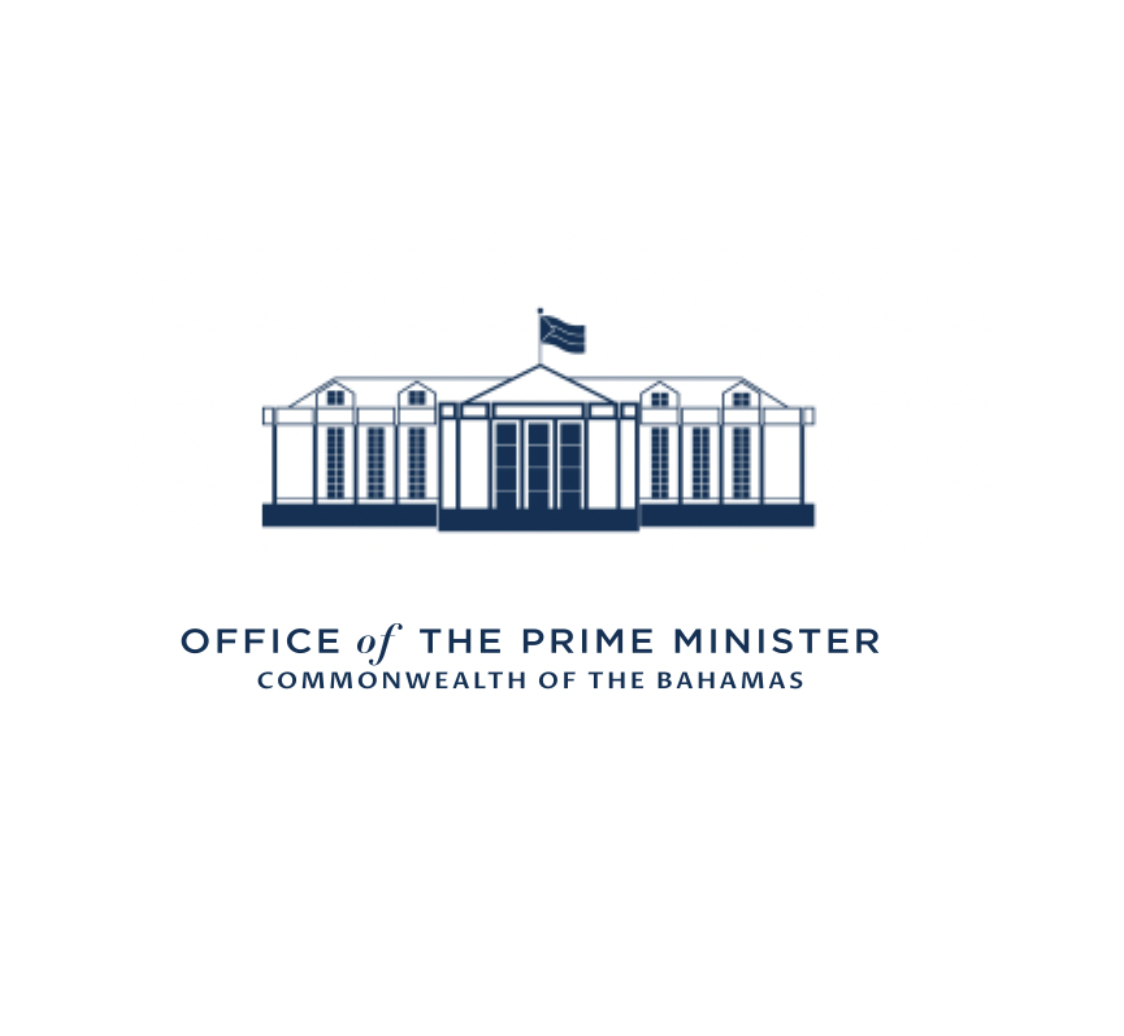
Prime Minister Sanchez and Representatives of the European Union….
Fellow Heads of Government from Latin America and the Caribbean Region…
Madam Secretary-General of Caricom:
The climate crisis is now.
Not long ago, scientists and activists implored policymakers to act on behalf of future generations.
But it is no longer necessary to warn about the future – the impact of a changing climate is here now.
Extreme weather events are unfolding across every continent.
The warming oceans, the blistering, record-breaking heat waves, the wildfires, the hurricanes, and floods – no country is safe.
We mourn with you the 60,000 who perished in Europe last summer from the heat.
This summer, it is even hotter.
Colleagues:
The climate crisis is now and everywhere.
But in crisis there is opportunity, and on many fronts, urgency is finally replacing complacency.
As nations work together to replace fossil fuels with renewable energy, and make the transformational shifts required to move to net zero, we must acknowledge that although every nation faces risk, for some, the risk is not just to a way of life, but to life itself.
For The Bahamas, the risk is existential.
The devastation and trauma of Hurricane Dorian are with us still, even as we confront the likelihood that more Category 5 storms are on the way.
Even among Small Island States, The Bahamas is especially vulnerable.
Our highest point in the country is 63 metres above sea level, and most of our people live under 6 meters above sea level.
We cannot retreat inland, as the rising seas not only overwhelm our coastal regions, but also rise through the porous limestone rocks of our land mass.
Colleagues:
We know what we need to do.
We need to strengthen our defences against rising sea levels.
We need to strengthen our defences against the winds, and rains and floods that come with Category 5 hurricanes.
We must acknowledge that the worst-case scenarios are not just possible but probable.
We must construct a plan to evacuate the entire country, and we must be able to implement it at high speed and at very short notice.
In the past, I have warned that we may become climate refugees.
The dramatic and accelerating changes to ocean temperatures mean that future may be nearing.
Can a country as small as ours grow strong enough to face such threats?
I say yes — and to our friends in the European Union, I say there are three things that can be done immediately: done today; done this week; done this month.
Firstly: Remove us from your blacklist.
Take your economic feet off our necks.
The EU has placed us on a blacklist, using criteria which are unfairly applied to us, and not to European jurisdictions or those in developed countries.
What is done in Delaware, North Dakota, and in territories of the European Union is little different to what is done by us.
In fact, we have achieved higher compliance standards than all but one EU country.
And yet for us, the goalposts have been frequently moved, and the penalties stiffened.
This means that, when it comes to insurance, for example, any remittances from European reinsurers as a result of claims, are automatically reduced by 25%.
Twenty-five percent of the monies owed is punitively retained by the EU.
And we are the poorer for it and less able to rebuild for it.
Missions, diplomats and nationals employed in our Missions are having their bank accounts closed, or are unable to open bank accounts – What is the message?
Are we to close our Missions?
And if so, how do we strengthen relationships and promote multilateralism between our countries?
The blacklisting is indefensible, and it is immoral – remove us from it now.
Secondly: Support our own efforts to insure ourselves.
Our region is close to becoming uninsurable. The cost of insurance has spiralled upwards for years, and that is for those who are deemed insurable in the first place.
We want to develop our own local insurance market to meet the needs of our people, a form of reinsurance.
But our economies are weighed down by debt, an extraordinary percentage of which is directly or indirectly the result of loss and damage from hurricanes made more intense by the climate crisis.
We are caught in a vicious cycle of Damage, Repair and Rebuild.
Without the ability to insure, we cannot rebuild.
But, if you in the EU capitalise our self-insurance offering for our most vulnerable, say, for $100 million dollars, we can do it ourselves.
Thirdly: Act now on the commitments which have already been made to us.
If you deliver on just 20% of what you have promised now, we can save ourselves.
We need this for mitigation and remediation of our shorelines to make our countries more resilient to hurricanes and environmental disasters. We must protect ourselves from the changing climate caused by your carbon emissions. Liability attaches to your activities, that cannot be disputed.
We know how we got here.
The infrastructure, architecture and foundational wealth of your great cities and towns were built using the raw material taken from our countries and the enslaved labour of our ancestors. Now the industrialization which made your nations wealthy threatens our lives and livelihood.
We are not asking for handouts.
We are not asking for favours.
We simply want to live.
Thank you.